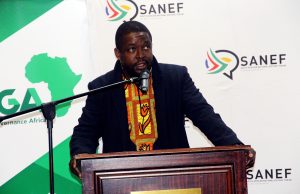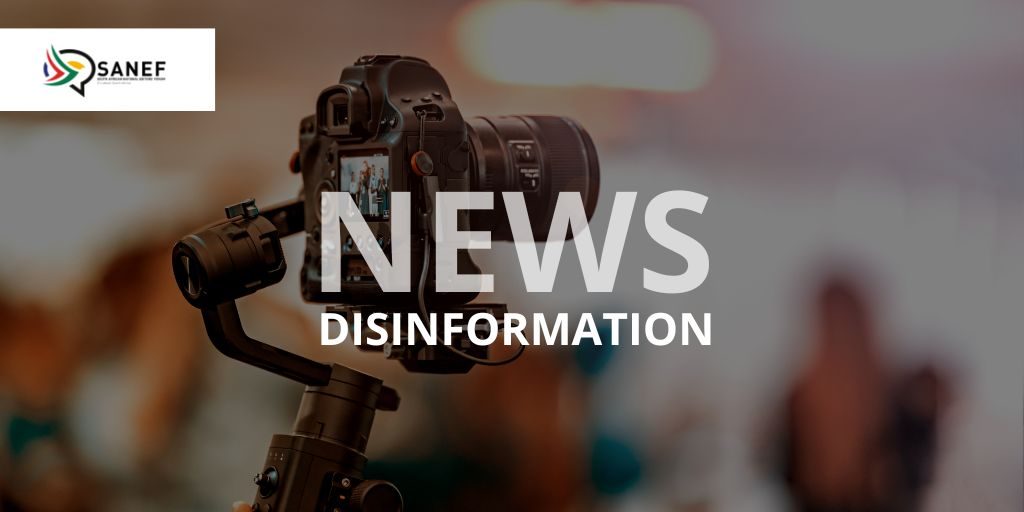Artificial Intelligence and the Age of Misinformation and Disinformation

Good Governance Africa (GGA) and the South African National Editors’ Forum (SANEF) hosted the seminar titled “AI in the Age of Information: Journalism, Fact Checking, and Media” on Thursday 4th July.
The event was a resounding success, thanks in large part to the instrumental participation of, among others, Glen Mpani – Managing Partner at Shikamo Political Advisory and African political campaigns expert, as well as Lavina (Ramkissoon) Rao – the Technology and Data Expert at the UN University for Policy Research, who served as a speakers and panellists.
Speakers gave insightful perspectives and expertise that brought a wealth of knowledge to the seminar, enriching the discussions and providing attendees with a deeper understanding of AI’s critical role in modern journalism and media. It was through their dedication and willingness to share their experiences that the seminar created a platform for meaningful dialogue and learning.

Pic: DDA
Reggy Moalusi, SANEF executive director, noted in his opening address that the media today found itself in unprecedented times and having weathered the storms including job losses at major media companies, a decline in revenue, and the closure of news titles. South Africa, a few years back, circa 2009, used to have about 15,000 journalists. Today, it is sitting at less than 4,500 journalists.
“We are battling the ongoing headache of misinformation and disinformation. A battle we don’t only have to face during big events such as the recent elections, but one that’s daily in our ever-busy news cycle.”
“Lately, the news media finds itself in an age where AI chatbots can respond to questions about major news events, leaving us to the question of the role of journalists in this playbook. While some are accurate, there are those still providing misleading and false information, a development a self-respecting news media sector frowns upon,” he said.
The seminar commenced with an analysis of the recent South African general election, serving as a lens to view the broader issues. This initial segment provided attendees with an understanding of how the political landscape in South Africa has been influenced by information dynamics, setting the stage for a deeper exploration of AI’s role in these processes.
Main Focus Areas
1. The Role of AI in Journalism; the seminar explored the transformative effects of AI on journalism, examining both the opportunities and challenges presented by AI technologies. Discussions included:
• AI-driven news generation and its implications for journalistic integrity.
• The role of AI in identifying and reporting trending topics.
• The balance between AI tools and human journalists in maintaining editorial standards.
2. Fact-Checking in the Age of AI; with the rise of AI, the process of fact-checking has become both more efficient and more complex. This segment covered:
• The capabilities of AI in automated fact-checking and verification.
• Challenges in ensuring the accuracy of AI-generated fact checks.
• Strategies for integrating AI with traditional fact-checking methods to combat misinformation.
3. Media Dynamics and the Spread of Disinformation; AI’s role in the spread of disinformation remains a critical concern. The seminar addressed the following:
• How AI can both propagate and combat disinformation.
• The ethical considerations of AI use in media and information dissemination.
• Case studies on the impact of AI-driven disinformation during the South African elections and other global events.

Lloyd Coutts, GGA Director of Publications and Media urged parties to stay in touch as we plan the next round of activities centred around the themes discussed during the seminar. He said continued engagement and support were vital to the ongoing efforts to promote good governance and accurate information dissemination in the age of AI.




